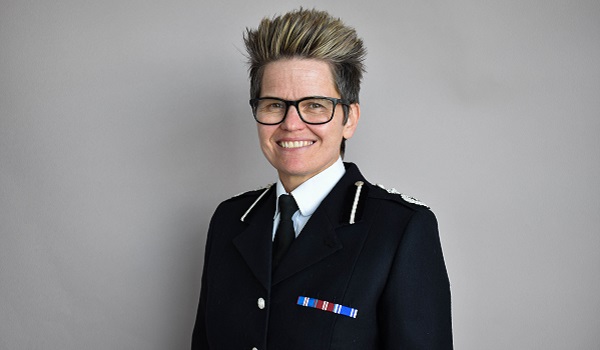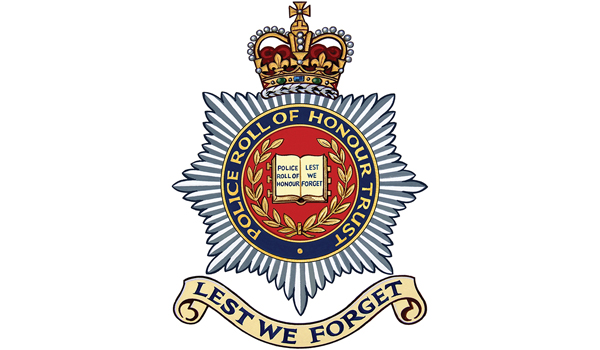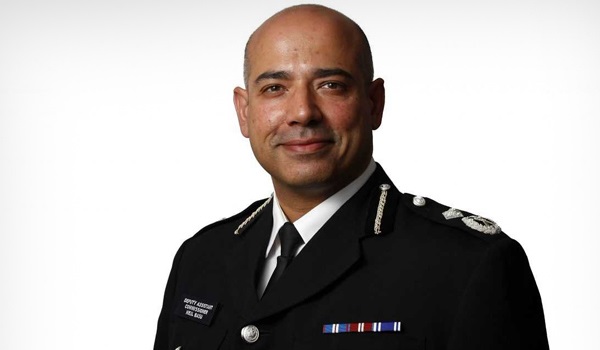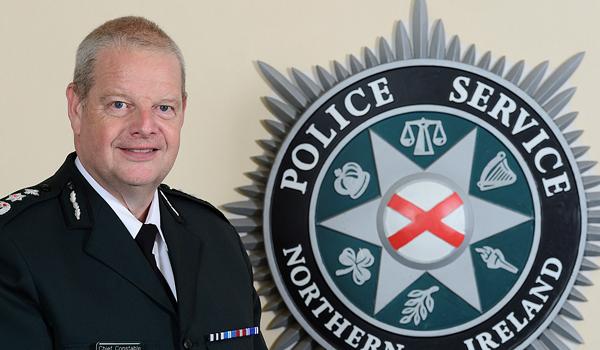Police driver wrongly believed sirens were on prior to fatal collision
A senior coroner is to ask the National Police Chiefs’ Council (NPCC) to consider fitting a device inside police response vehicles that lets the occupants know when the siren has been activated.
It comes after an inquest into the death of an elderly man raised concerns over current systems.
Tony Carroll, 70, was crossing Scotland Road in Liverpool on Christmas Day, 2018, when he was struck by a Merseyside Police vehicle responding to a 999 call.
The driver, Police Constable John Mole, thought he had switched on the siren before the collision but accepted that he had been mistaken and only the blue lights had been activated. PC Mole’s passenger, PC James Jordan, also believed the siren was on.
The inquest, presided over by Andre Rebello, coroner for Liverpool and the Wirral, heard there was no information within a police car, other than the sound, to show its siren had been activated, but that inside a vehicle, the sound may not always be apparent.
CCTV evidence showed the blue flashing lights on the police vehicle had been activated around 11 seconds before the crash, during which time the vehicle had accelerated to more than 60mph in a 30mph zone.
Mr Carroll could be seen on footage on the central reservation of the road 10m from a pedestrian crossing, holding presents and looking towards Liverpool city centre before stepping into the road.
PC Mole carried out an emergency stop but was still travelling at 47mph at the time of impact. Mr Carroll suffered severe head and chest injuries and was taken to Aintree hospital, where he was pronounced dead.
The jury ruled that Mr Carroll died from multiple injuries suffered in a road traffic collision and that there had been no opportunity for the collision to be avoided.
Mr Rebello said he would also ask the NPCC to consider whether there was sufficient public awareness about the maximum speed police vehicles can travel at when responding to an emergency. Mr Rebello said he had become aware that some people believed the emergency services could travel at no more than 20mph above the speed limit when dealing with a 999 call.
Following the conclusion of the hearing, Assistant Chief Constable Rob Carden said the “thoughts and sympathies” of Merseyside Police were with the family and friends of Mr Carroll.
He said: “The two officers in the patrol car involved in the collision were responding to reports an intoxicated woman in charge of a baby had passed out at the side of a major road, and a pram was on its side.
“The officers were attempting to get to the scene as quickly and safely as possible, and during the inquest the jury heard that they had acted in line with their training and national guidelines.”
As is standard in such cases, the death of Mr Carroll was immediately referred to the Independent Office for Police Conduct (IOPC) for investigation.
IOPC regional director Amanda Rowe said: “During our investigation into the actions of Merseyside Police we obtained a significant amount of evidence including footage of the incident; data from the police vehicle; recordings of police communications; accounts from the officers involved and statements from independent witnesses.
“We completed our investigation in April 2019 and concluded that there was no indication any officer may have behaved in a manner that would justify the bringing of disciplinary proceedings.”







